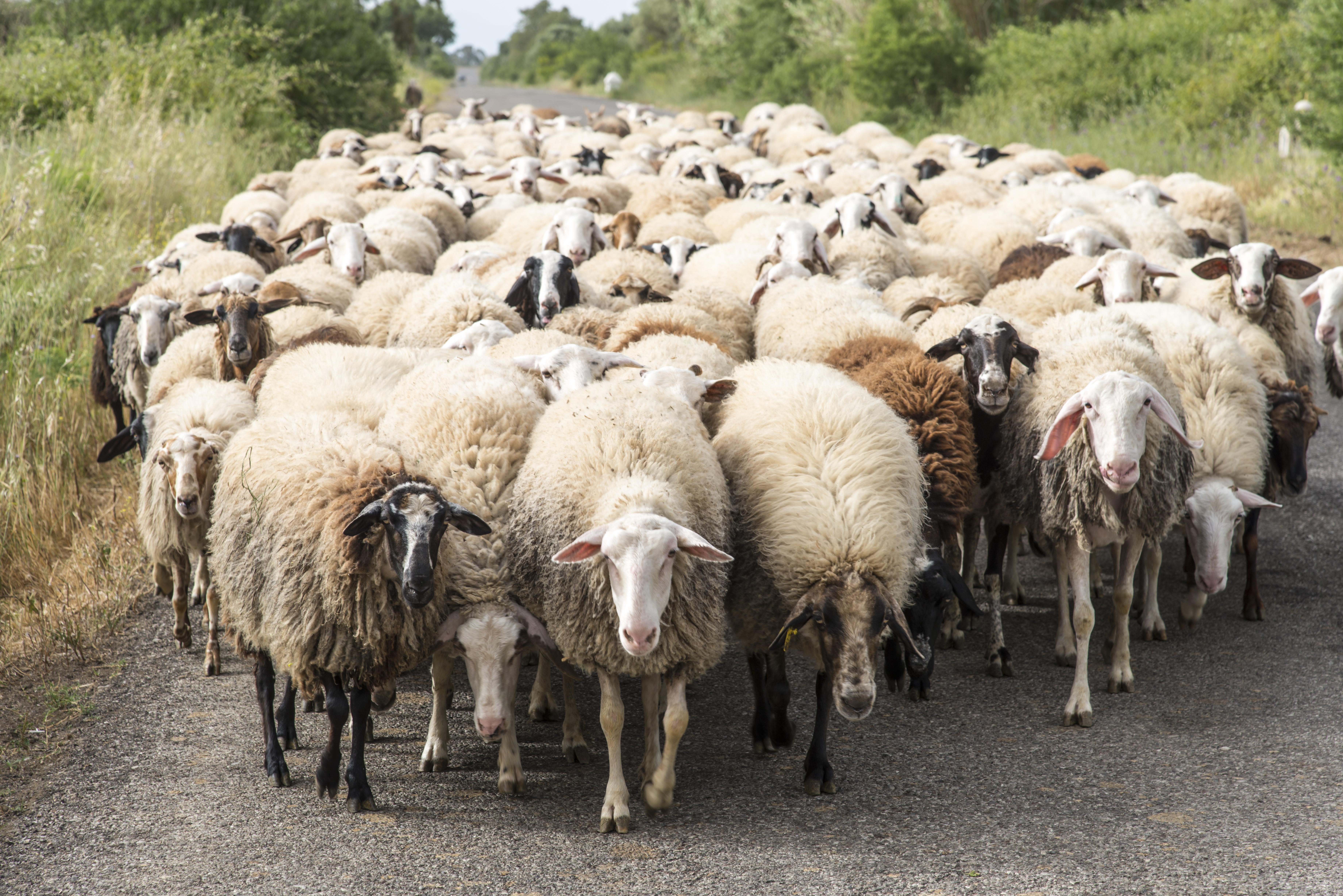In the United Kingdom, the Johnson government’s plan to create “herd immunity” – protect the vulnerable by letting the young get infected and become immune to the coronavirus – has drawn widespread scorn from the scientific community. But I’m much more worried about herd stupidity in how people are dealing with the COVID-19 threat everywhere. We all need to stop doing things that are just going to make a bad situation worse. This is especially the case for those of you who think of yourselves as “low risk.”
An illustration – a number of Europe governments announced plans to close restaurants to prevent the spread of the virus. They chose specific dates for these bans to take effect to allow for orderly shutdowns. Sensible people would have responded to this by thinking “oh it must not be a good idea to go to restaurants right now.” Instead was a stampede to have one more meal out before the closures, which of course completely undercut the goal of creating social distance to slow the contagion. It placed the people who did it, and the many with whom they came in contact afterwards, at increased risk, because even larger groups are brought together at a critical time. Surprisingly, even seemingly sensible people in positions of power and authority have behaved in this way!
Examples of herd stupidity abound, ranging from the current run on toilet paper to scenes of thousands of Northern Italians swamping the rail system trying to get out of the containment zone. In the toilet paper case, the resulting imbalance of supply and demand is laughable. In the case of Italy, the result was a complete national lock-down when the virus could have been contained in a much smaller region, and probably unnecessary deaths.
How do we avoid herd stupidity? There are three simple rules to follow:
First, pay attention to what the authorities are telling you. If they say you should avoid social contact with others and increase “social distance,” then do it. If they say wash your hands and avoid physical contact, then do it.
Second, seek to understand and support the intent of these restrictions, and don’t try to undercut them. A decision to close restaurants is not an invitation to squeeze in a final meal out. A move to close the schools isn’t an opportunity to set up informal play groups for your children.
Third and finally, try to think about the collective good as you make decisions about what to do. We have become “societies of self-absorption,” and that threatens to harm us all, spread the virus, destroy the economy, prolong the misery. If there is one thing that the coronavirus is teaching us, it’s the importance of community and solidarity.
So, as you face the many tough decisions that you unquestionably will in the coming weeks and months, seek not to contribute to herd stupidity… and we all will be better off.


